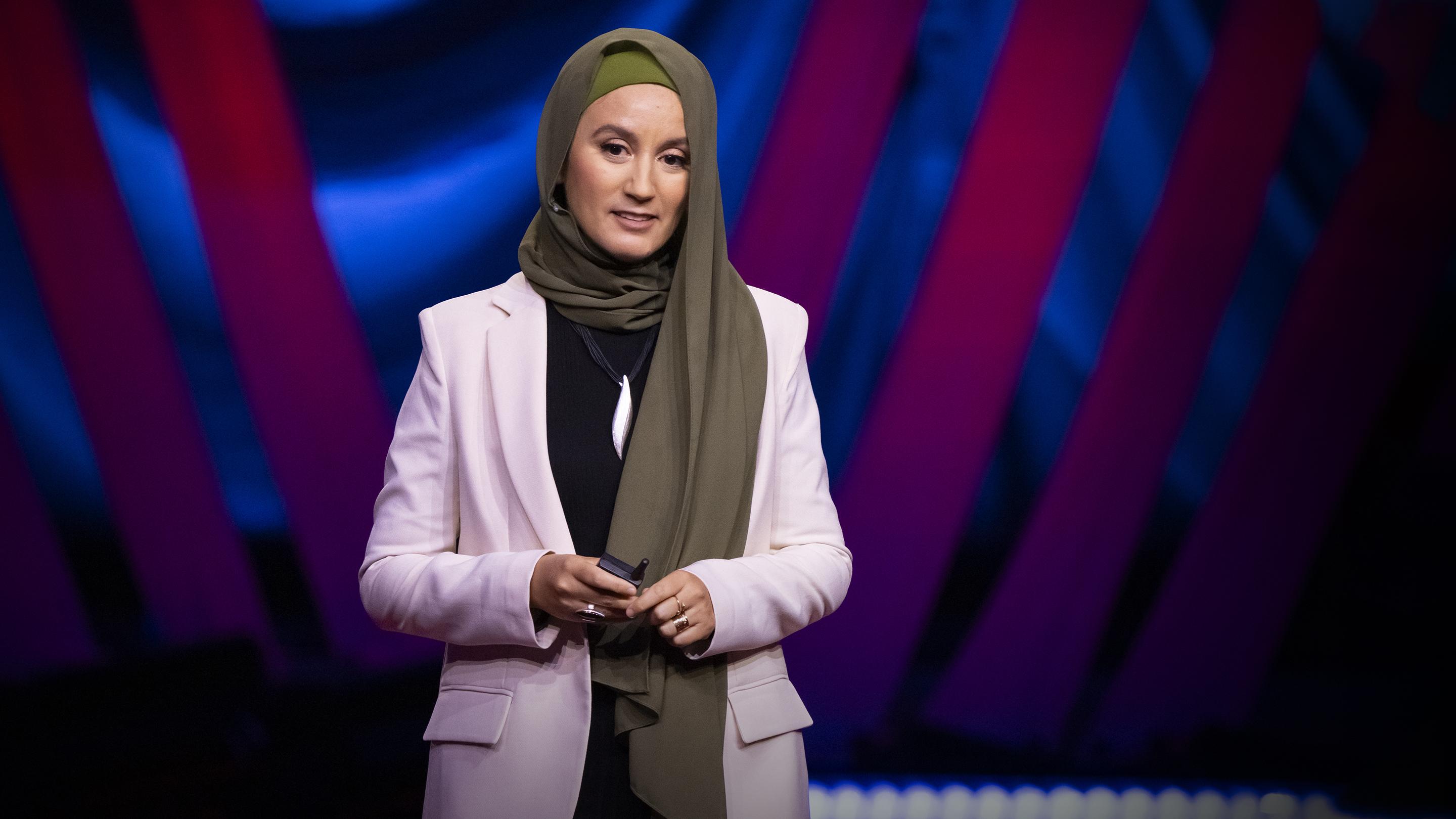The Nunavut Arctic College (NAC) is now offering a degree program in social work, the university announced on June 21.
The program is in partnership with Memorial University in Newfoundland and Labrador, which entered a 10-year agreement with NAC in 2019 to help the college expand its services.
The NAC currently offers a two-year diploma in social service work. This fall, graduates of that program can apply to be in the first cohort of the bachelor of social work program, which will be offered over an additional two years in Cambridge Bay.
The Government of Nunavut has also committed $1.8 million over three years for the delivery of the program, the college said.
Fiona Buchan-Corey is the dean of health and wellness programs at the NAC.
She said the bachelor of social work program is a step towards improving social work services for communities in Nunavut, which is important given the history and impact of residential schools in the territory.
“People who have gone through the residential school system suffer the after effects [and have] gone through life challenges,” Buchan-Corey said. “Now we’re seeing Inuit grow these new skills, become passionate about caring for their communities, providing services and giving back.”
All the professors teaching in the program will be from Memorial University, but will work with local community members to ensure Nunavut-specific cultural elements are a part of the program, she added.

Vanessa Totalik graduated from the social service worker diploma program earlier this month. She has already applied for the bachelor of social work program, and said she hopes to use the degree to become a regional manager.
As a summer student at the Department of Family Services, Totalik said she chose the field of social work because she wants to help children in the territory cope with intergenerational trauma.
“[Children] are our next leaders,” she said.










